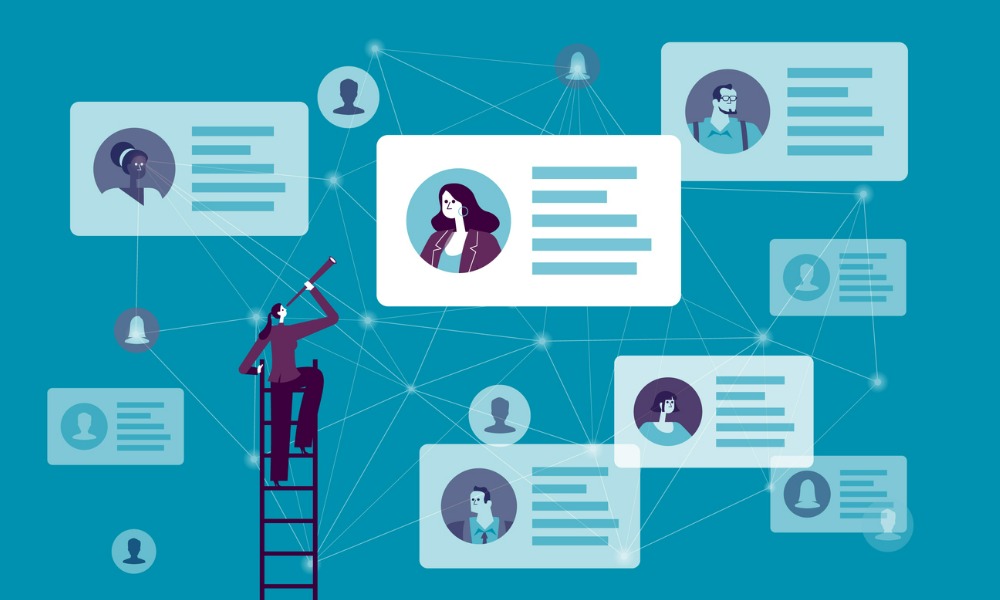
Which sectors, positions are seeing the greatest demand for new tech in job postings?

Following the rise of ChatGPT, a new report has found that many employers want their workforce to be equipped with skills related to the popular AI tool.
Findings from career development website Acendance, published by Luminos, LLC, revealed that job postings requiring ChatGPT skills have gone beyond the tech industry.
While 45% of job postings that require ChatGPT skills come from the tech industry, including Software Development (25%) and IT services (20%), more than half come from non-tech sectors such as:
"Employers are now demanding ChatGPT skills from job employees as they adapt to the emerging opportunities ChatGPT is creating," said Chas Cooper, CEO of Luminos, in a media release.
According to the report, marketing jobs are by far the "most impacted by the emerging demand for ChatGPT skills."
By job function, marketing-related jobs reported the highest demand for ChatGPT-equipped employees (32%), followed by:
These findings echo recent research that more employers are looking for AI-skilled employees amid fears that they could cost millions of people their jobs.
"It's both frightening and exciting to imagine where the job market will be a year from now. While some jobs may be eliminated or compensation reduced, I would predict we'll also see entirely new jobs emerge and pay increase," Cooper said.
The data also came despite strong division among big corporations on using ChatGPT and other generative AI tools in the workplace.
Samsung, Amazon, Verizon, among others have imposed restrictions on their use among staff. But there are others, such as Japan-headquartered Daiwa Securities Group, who allowed employees to "freely use" ChatGPT.